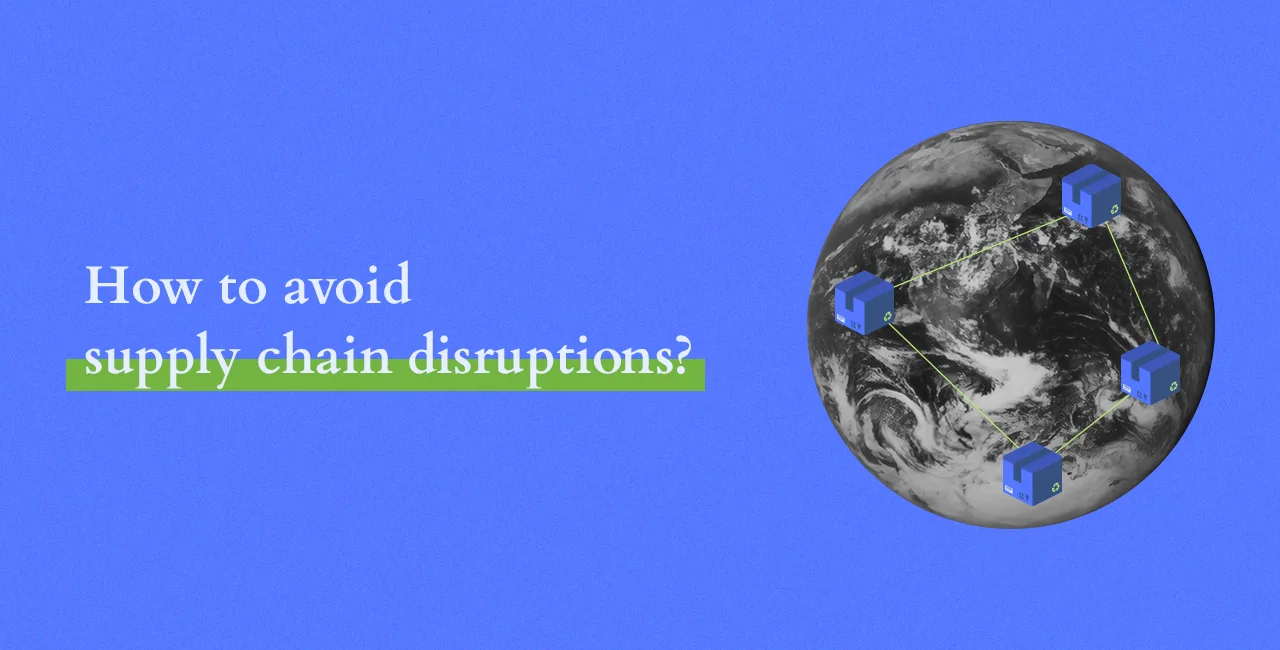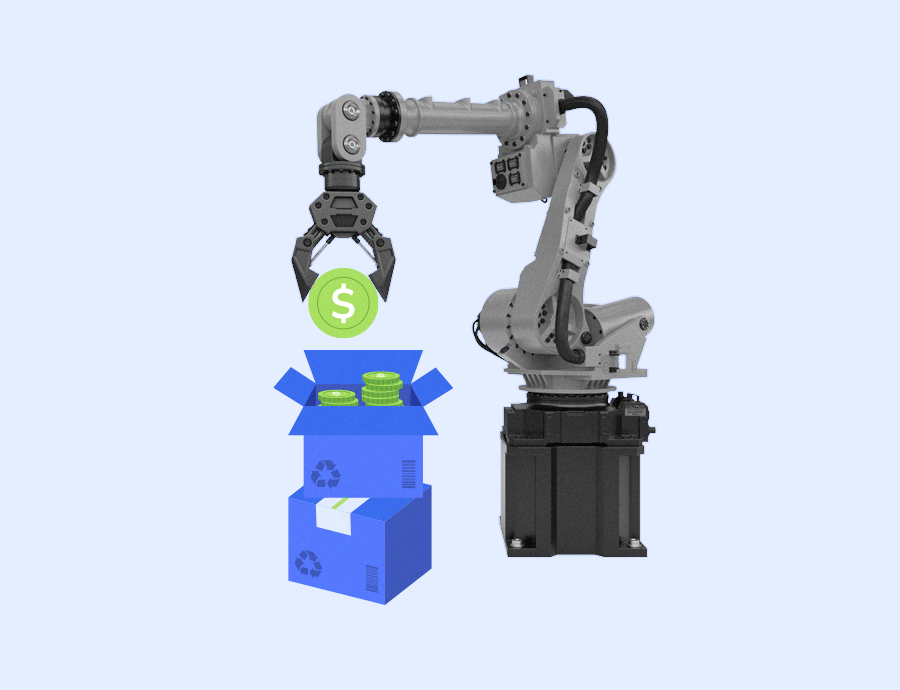Avoiding problems and supply chain disruptions depends on preparing to face adverse conditions. Monitoring socio-political, economic, and even climatic factors is part of strengthening our supply chain. This is particularly important because the proper functioning of the supply chain is key to business success.
Diversifying your supplier base and building strong relationships with all of your business partners is another key protection.
What are supply chain disruptions?
Supply chain disruptions are interruptions in the production or distribution of goods due to lack of supply. For example, a shortage of materials such as semiconductor chips affects industries such as automotive and electronics.
Factors such as natural disasters, pandemics, logistical problems, and labor shortages can also cause disruptions. In the worst cases, these disruptions can cause delays or require complete business changes, affecting multiple industries.
Why is it important to protect the health of our supply chain?

Typically, a final product or service is the sum of several parts involving different suppliers. When one link in the supply chain is affected, processes are disrupted and costs are incurred in multiple ways.
Rework cost and production adjustments
In cases where production processes need to be readapted with different materials, ingredients, or parts than the originals, changes in design and tooling are often required.
These changes can result in higher than budgeted costs as well as quality variances. In addition, if a variation in quality causes problems in the final product, it can result in dissatisfied customers.
Inventory shrinkage costs
Sometimes, adjustments cannot be made to complete products and make them available for sale. In situations where the supply chain cannot be modified, the following costs may occur:
- Machine downtime can result in additional start-up and maintenance costs.
- Rental of warehouses and storage without rotation.
- Losses as shelf-life inputs expire and become waste.
- Limited distribution when finishing, quality control, and logistics processes are affected.
Financing costs and credit to support the supply chain
In a supply chain, suppliers in some processes may be clients in others. Suppliers close to the final product depend on final sales to pay their own suppliers.
Even if the sale of the final product is not completed, suppliers of materials, parts, or services must be paid. Faced with the pressure of account payable, many cash constrained businesses opt for loans or credit.
In these situations, the cost of financing through loans and credit affects the bottom-line profit margins. As a result, businesses have less room to maneuver and their growth as suppliers is compromised.
What steps can be taken to protect the supply chain?

Supply chain disruptions are changing the rules of sales and procurement. They change the market by reducing or increasing inventory to avoid other disruptions. This puts buyers and suppliers in direct contact, accelerating the speed of business.
The following recommendations are designed to reduce the impact of supply chain disruption:
Inventory Management
It is recommended that critical components are identified by priority, lead time, and minimum inventory levels. One option is to try to increase reserve inventories based on costs, feasibility, and benefit.
Risk Assessment
All businesses benefit from having information to calculate potential risks and prioritize where necessary. Diversifying the supplier base for critical materials and components is recommended, considering deadlines, volume, and location. It is also important to develop contingency plans in case of delivery delays or supplier cancellations.
Strengthening of the Relationship with Business Partners
Maintaining a good business relationship between suppliers and clients is important for managing your supply chain. Two key factors for stronger and more reliable business relationships are establishing mutually beneficial agreements and paying attention to the financial health of suppliers:
- Communication and mutually beneficial agreements: Improving and increasing communication with your trading partners helps to reduce production or delivery problems. Knowing your suppliers, their limitations, and needs is important to avoid detrimental situations. KYV/KYC verification is a useful tool to create a reliable business network for your supply chain.
- Business partner financial health: Making timely or early supplier payments can significantly strengthen your supply chain.
Bancoli offers a business payments platform where you can earn rewards for each payment made. This way, helping the financial health of your business partners doesn’t put your business at risk.
Sustainability in Business
It is becoming increasingly important for businesses to consider strategies and efforts related to sustainability. More and more companies are focusing on social responsibility and reducing their environmental impact.
By doing so, businesses can not only be more responsible, but also gain access to commercial networks with this approach. Remember, sustainable supply chains are about the shared growth of all business and partners.
Technology and Automation
Using technology to simplify and streamline processes is one way to avoid supply chain disruptions. There are many innovative mechanisms and processes for doing this. For example, one way to use technology to benefit your supply chain is to automate your payment processes. In addition to streamlining information capture and invoicing, you can avoid errors such as overpayment or underpayment.

The Internet of Things (IoT) is another tool for automating and optimizing supply chain decisions. This implementation connects the physical world and business systems that drive revenue.
Other tools such as analytics and artificial intelligence enable real-time reporting. All with the goal of improving real-time decision making and avoiding disruptions in the supply chain.
Benefit from the advantages that Bancoli offers you as a technological ally for the management of your business payments. Updating your payment status will be much easier and smoother with automated payment requests, reminders, and more.

Conclusion
Finally, in an increasingly competitive marketplace, businesses must take steps to prevent supply chain disruptions. Preventing potential risks is key to ensuring business success and Bancoli can help you achieve this.




